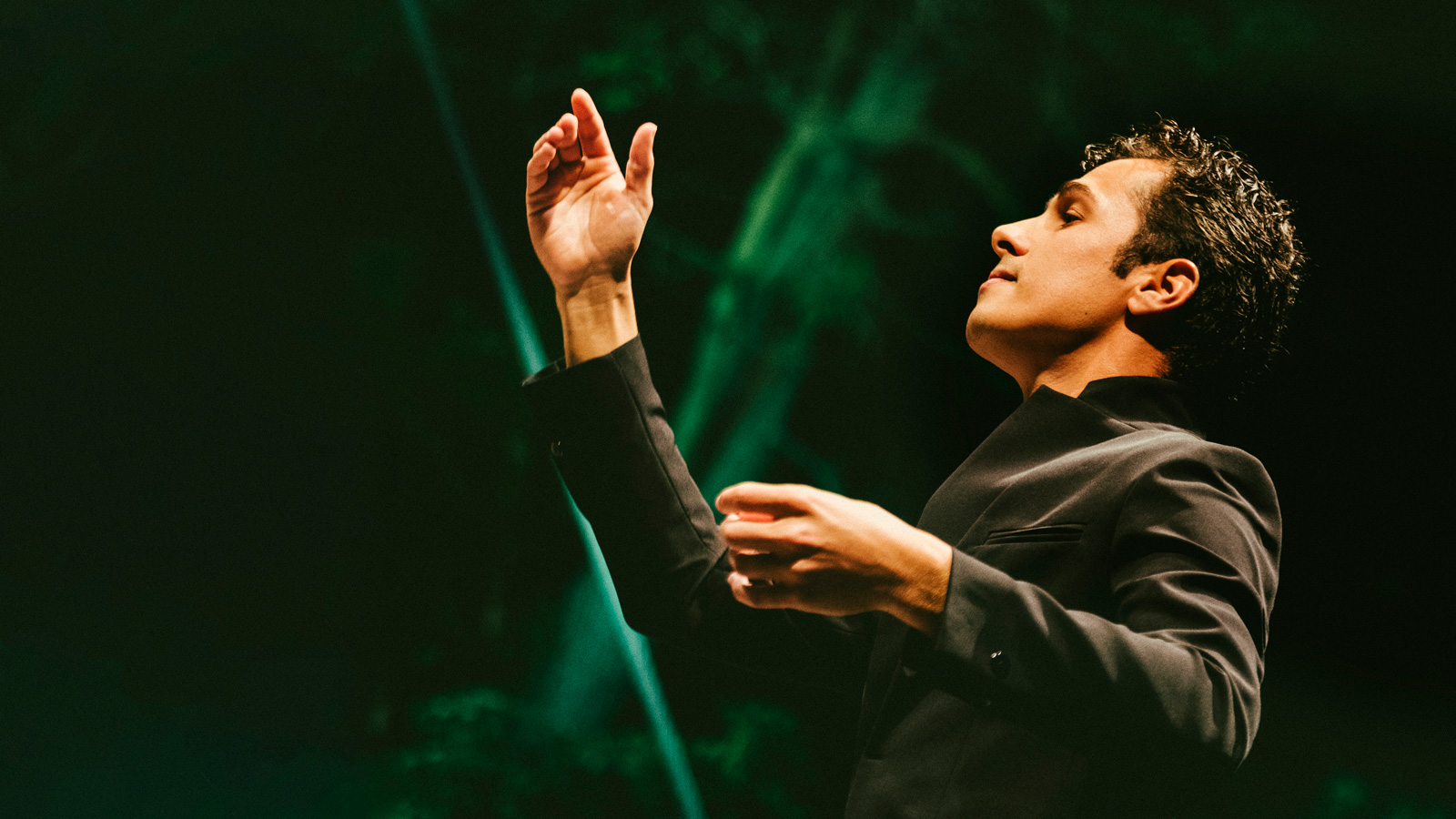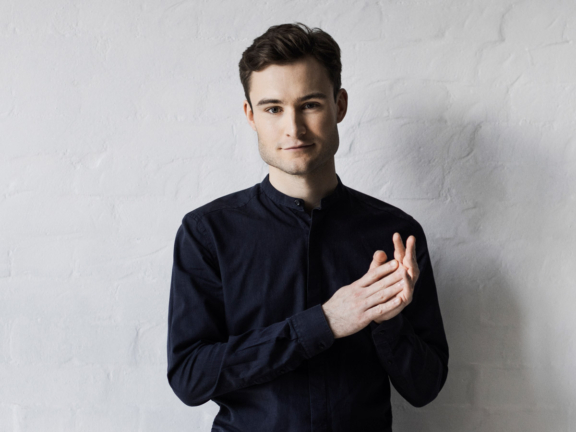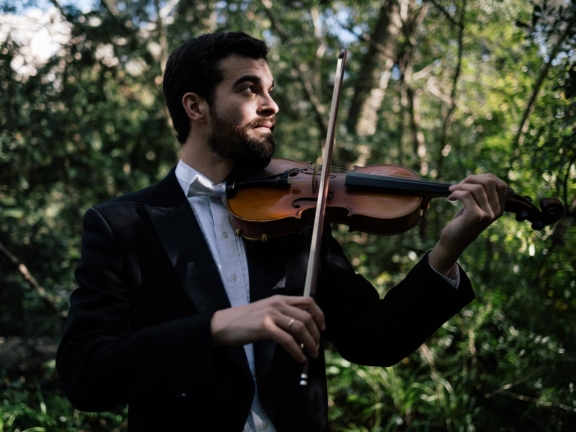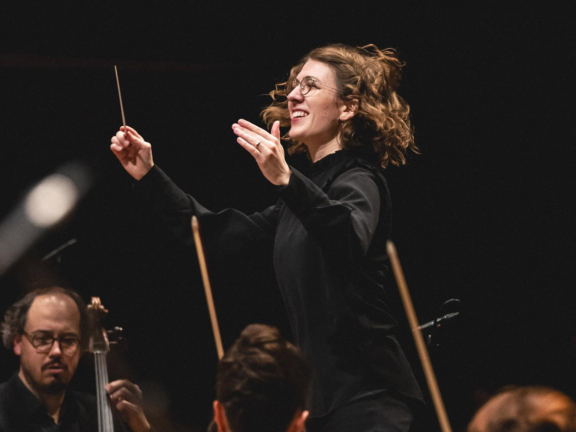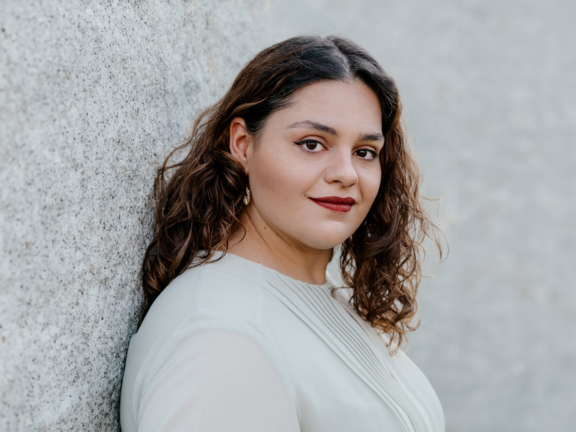
A Journey to Space
Sunday Concerts
Event Slider
Date
- / Cancelled / Sold out
Location
Grand Auditorium Calouste Gulbenkian Foundation- Conductor
-
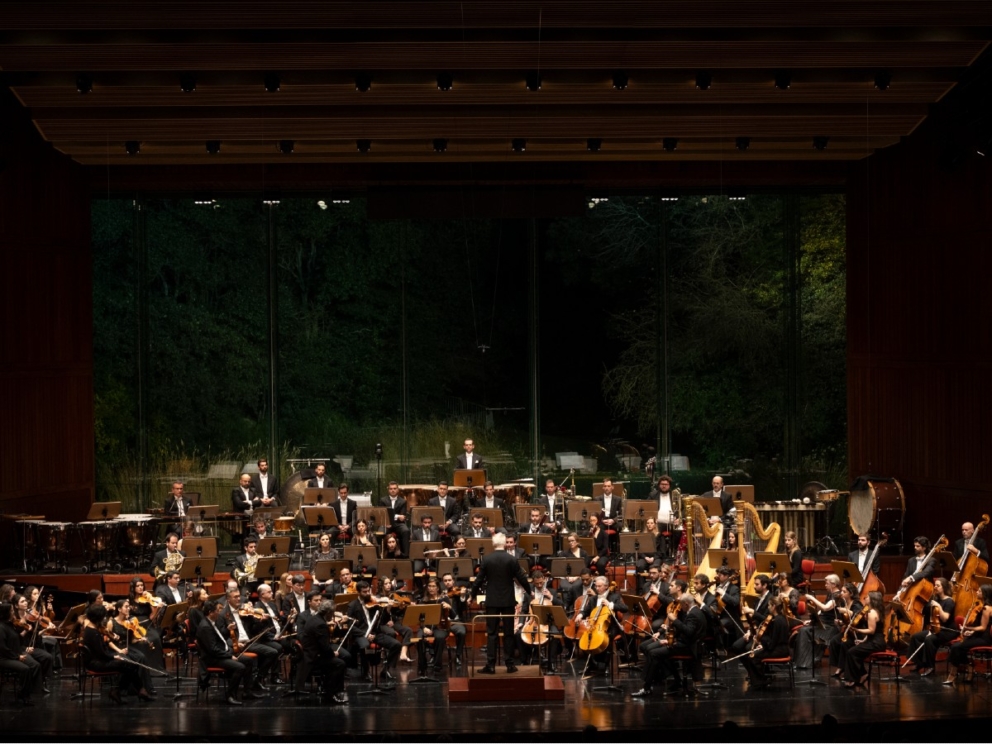
Gulbenkian Orchestra
In 1962, the Calouste Gulbenkian Foundation decided to establish a permanent orchestral ensemble. Originally with only twelve musicians (strings and continuo) it was named “Orquestra de Câmara Gulbenkian”. This collective was successively enlarged and today the “Orquestra Gulbenkian” (the name it has adopted since 1971) has a permanent body of sixty instrumentalists, a number that can be expanded depending on the repertoire.
This structure allows the Gulbenkian Orchestra to interpret works from the Baroque and Classical periods, a significant part of 19th century orchestral literature and much of the music of the 20th century, including works belonging to the current repertoire of the traditional symphonic orchestras. In each season, the orchestra performs on a regular series of concerts at the Gulbenkian Grand Auditorium in Lisbon, where it has had the opportunity of working together with some of leading names of the world of music (conductors and soloists). It has also performed on numerous locations all over Portugal, in an effort to decentralize music and culture.
The orchestra has been constantly expanding its activities in the international level, performing in Europe, Asia Africa, and the Americas. In the recording field, Orquestra Gulbenkian is associated to labels as Philips, Deutsche Grammophon, Hyperion, Teldec, Erato, Adès, Nimbus, Lyrinx, Naïve and Pentatone, among others, and this activity was recognized with several international prizes.
-
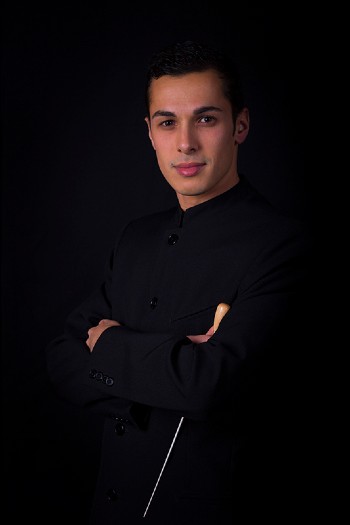
Diogo Costa
Conductor
Born in Portugal, Diogo Costa is a rising star conductor with a vast repertoire ranging from baroque to contemporary music.
Generously supported by an Ann Gerrard Bursary, he completed his Masters in Conducting with Distinction at the Royal Northern College of Music with Clark Rundell and Mark Heron. He had the opportunity to work as assistant conductor for Juanjo Mena, John Storgårds, Sir Andrew Davis, Nicholas Collon and Ben Gernon at the BBC Philharmonic and Vasily Petrenko at the Royal Liverpool Philharmonic Orchestra.
Diogo began his studies as a conductor in 2010 at the Academia Nacional Superior de Orquestra - Metropolitana with Professor Jean-Marc Burfin in Lisbon. In the last few years, he has taken part in conducting masterclasses with Sir Mark Elder, Martyn Brabbins, Douglas Bostock, Laurence Marks, José Vilaplana and Jean-Sébastien Béreau, during which he conducted the BBC National Orchestra of Wales, Manchester Camerata and Argovia Philharmonic.
As a guest conductor he appeared with The Hallé Orchestra at The Bridgewater Hall in Manchester, the BBC Philharmonic, and the BBC National Orchestra of Wales with a world premiere by Andrew Lewis. In Portugal, Diogo Costa has recently been invited to conduct the Orquestra Sinfónica Portuguesa at the Teatro Nacional de São Carlos in Lisbon, the Orquestra Sinfónica do Porto Casa da Música and the Orquestra Gulbenkian (as assistant conductor to Lorenzo Viotti in Gounod’s Roméo et Juliette).
As a trombonist, he played with the Orquestra Clássica da Madeira, the Orquestra de Câmara de Cascais e Oeiras, the Portuguese Symphonic Wind Band, the Orquestra Académica Metropolitana and the West European Studio Orchestra. He also has a special interest in jazz, performing and recording with the Jazz Orchestra of the Hot Club de Portugal, Reunion Big Jazz Band and Claus Nymark Big Band where he played with renowned jazz musicians such as Benny Golson, Perico Sambeat and John Ellis.
Richard Strauss
Josef Strauss
Gustav Holst
Antonín Dvořák
Igor Stravinsky
John Williams
These Sunday Concerts centre on various musical allusions to the stars and space as the ultimate setting for the human imagination. So, alongside pieces by John Williams, composed for the movies Star Wars and Superman, the Gulbenkian Orchestra will also play the overture to Also sprach Zarathustra, by R. Strauss, the sound icon of S. Kubrick’s film 2001: A Space Odyssey. The programme also includes J. Strauss’s Music of the Spheres, as well as allusions to Holst’s Jupiter and Dvořák’s Song to the Moon.
Sponsor Gulbenkian Music
The Calouste Gulbenkian Foundation reserves the right to collect and keep records of images, sounds and voice for the diffusion and preservation of the memory of its cultural and artistic activity. For further information, please contact us through the Information Request form.

